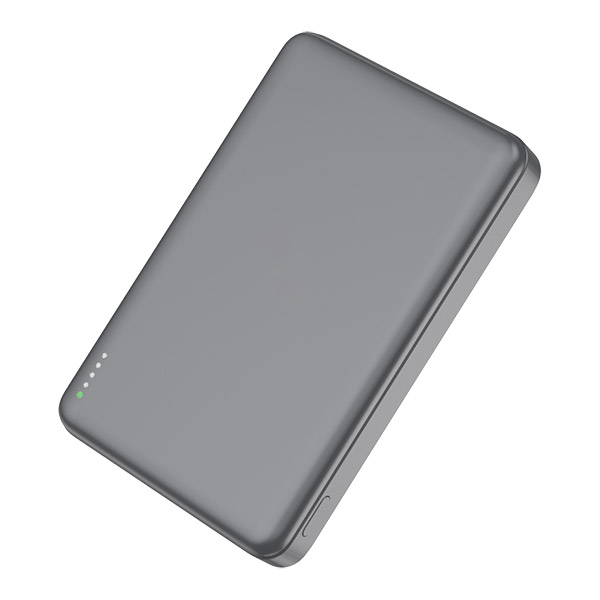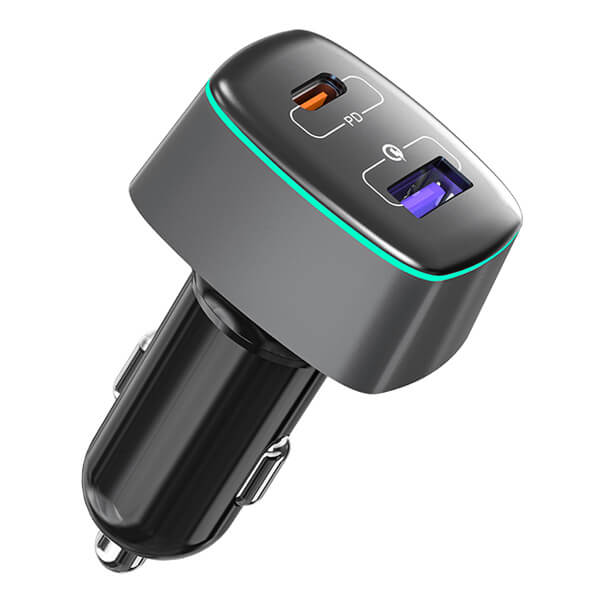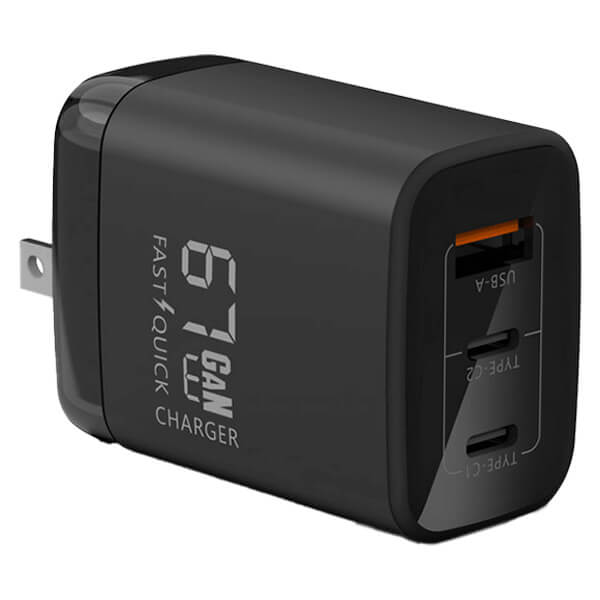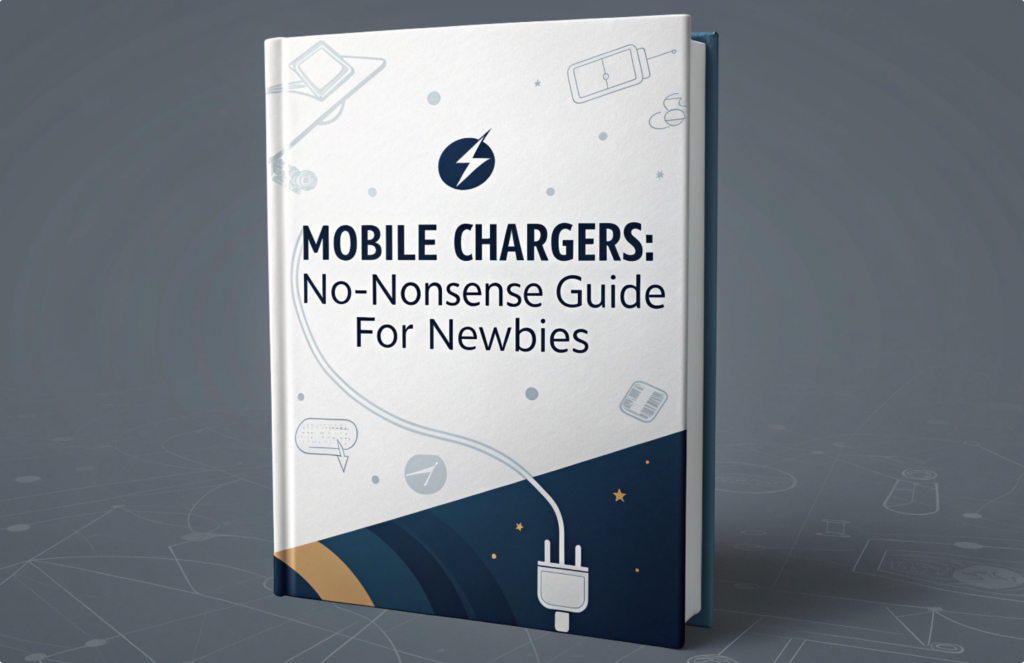
Here are some common abbreviations:
·AWB: Air Way Bill
The air waybill is the equivalent of the ocean bill of lading but for air transport. However, the air waybill cannot be transferred. It is a document attached to the goods shipped by an international express company, which provides every detail of the goods for tracking in transit, and all parties have a copy of the waybill.
·AQL: Acceptable Quality Limit
This refers to the percentage of defects that are permissible for different levels of defect severity.
·BOL: Bill of Lading
The bill of lading is issued by the carrier to confirm that the goods have been received for transportation. It serves different purposes. First of all, it is a contract between a shipper and a shipping company for the carriage of goods . Secondly, it is a receipt issued when the carrier obtains the goods. Thirdly, it can be used as a document of ownership, allowing its holder to obtain ownership and possession of goods.
·BOM: Bill of Material
The material list or product structure list is a list of raw materials, sub-components, intermediate components, sub-components, parts, and quantities required to produce a product.
·CI: Commercial Invoice
A commercial invoice is customs document that used as an official customs declaration. It is provided by the exporter when sending the goods for cross border trading.
·COC: Certificate of Conformity
The certificate of conformity is a requirement of many countries. For goods exported to Saudi Arabia, Iran and other Middle East regions, the customs of the importing country require the importer to provide a certificate of conformance (COC, certificate of conformance) issued by a recognized international certification company for the batch of goods. Among them, SASO It is stipulated that imported goods must have a COC clearance certificate.
·COO: Certificate of Origin
The certificate of origin is a document that certifies the origin of the goods. It is filled out by the exporter in printed or electronic form and certified by the relevant certificate issuing agency to prove that the goods are produced in a particular country.
·DGR: Dangerous Goods Regulations
The Dangerous Goods Regulations (DGR) is designated by the International Air Transport Association to help you prepare and record reliable sources of dangerous goods. It is the most complete, up-to-date, and user-friendly reference in the industry.
·ECCN: Export Control Classification Number
ECCN is an alphanumeric code or instruction to identify export items faster. It classifies items according to the nature of the product (the type of product, technology or software and their respective technical parameters).
·FTA: Free Trade Agreement
This is the abbreviation of “Free Trade Agreement”. It is an agreement between two or more countries to minimize import and export barriers. It strives to reduce customs fees, comply with international trade rules and regulations, and standardize export documents and international shipping documents.
·FCL: Full Container Load
That means a whole shipping container. FCL is more efficient and less costly for a number of reasons, assuming you have the volume.
·HS: Harmonized System
The harmonized system is an internationally standardized system of names and numbers to classify traded products.
·HTS: Harmonized Tariff Schedule
The Harmonized Tariff Schedule code is a 10-digit import classification system that is specific to the United States. HTS codes, also called HTS numbers, are administered by the U.S. International Trade Commission (ITC).
·IATA: International Air Transport Association
The International Air Transport Association is a trade association of the world’s airlines. Consisting of 290 airlines, primarily major carriers, representing 117 countries.
·IOR: Import of Record
It is officially noted by many governments as the owner or purchaser of merchandise being imported into a destination country.
·MOQ: Minimum Order Quantity
This is the smallest order a supplier will accept
·RFQ: Request for Quote
This refers to when importers ask suppliers to give them a quote on the production cost for any product.
·L/C: Letter of Credit
A letter of credit, also known as a documentary credit, is a payment mechanism used in international trade.
·SLI: Shipper’s Letter of Instruction
It is a form issued by a shipper that authorizes the carrier to issue a bill of lading or air waybill on behalf of the shipper. This form contains all the details of the shipment and authorizes the carrier to sign the bill of lading (see the bill of lading) in the name of the shipper.
·PL: Packing List
It is a document that details the contents of the packaging or shipment, the purpose is to let the transportation agencies, government departments and customers understand the contents of the packaging. These details can help each party handle the packaging accordingly.
Incoterms of International Trade provide exporters and importers with clear and concise rules to help them understand their responsibilities, clarify the gray areas in the contract, and avoid many headaches when using them correctly. Below, I will explain 11 incoterms used in international trade with a chart and some explanation:

·EXW(Ex Works)
Under the EXW term, the seller is responsible for providing goods at his premises. Once the goods leave the premises, he is not obliged to load the goods or pay for freight. The buyer has obtained the ownership of the goods and is responsible for all costs and risks after receiving the products. This term stipulates that the buyer bears the greatest obligation and the seller bears the least obligation.
·FCA(Free Carrier)
In FCA, the seller is responsible for delivering the goods to the place designated by the buyer, and loading the inventory on the buyer’s means of transportation, and the seller is responsible for organizing the transportation, including export customs clearance and meeting safety requirements. Once the goods are loaded on the buyer’s transportation, the risk is transferred. The buyer pays for shipping, delivery and insurance. In addition, he also pays for unloading and transportation to the final destination. Therefore, any damage to the product during shipment is the buyer’s responsibility.
·FAS(Free Alongside Ship)
The seller delivers the goods alongside the buyer’s vessel at the named port of shipment. It means that the buyer bears all costs and risks of loss or damage from that moment.
·FOB(Free On Board)
Under FOB conditions, the seller bears the costs and risks until the goods are loaded on the designated vessel. The seller’s responsibilities include arranging export customs clearance. At the same time, the buyer pays for ocean freight, bill of lading and insurance. He is also responsible for unloading and local transportation costs from the port of arrival to the final destination. The buyer shall be responsible for any damage to the goods after shipment.
·CFR(Cost and Freight)
In CFR, the seller pays the cost and freight of the goods to the designated port of destination. When the goods are loaded on the ship in the exporting country, the risk is transferred to the buyer. The buyer pays the local delivery cost from the port to the final destination and is responsible for purchasing insurance
·CIF(Cost, Insurance, and Freight)
This international trade term is similar to CFR. However, the seller also needs to insure the goods in transit. That is, the seller has to bear the insurance premium for the goods to the designated port.
·CPT(Cost Paid To )
It means that the seller delivers to its designated carrier, but the seller must also pay the freight to transport the goods to the destination. That is, the buyer bears all risks and other costs after delivery.
·CIP(Carriage and Insurance Paid to)
CIP means that the seller delivers the goods to its designated carrier, and the seller pays the freight to transport the goods to the destination and purchases insurance during the transportation. The seller bears all risks before delivery.
·DPU(Delivered At Place unloaded)
It was formerly known as Delivery at the Terminal (DAT). It was renamed because the buyer (or seller) might want to specify the delivery location instead of the terminal. It is the only term used by the seller to unload the goods. The seller bears all transportation costs (export fees and freight). At the same time, at the port of destination, the seller pays the carrier’s unloading fees and port fees. He assumes all risks until he reaches the port of destination or terminal. The buyer is responsible for all costs and risks after unloading.
·DAP(Delivered At Place)
That means the seller delivers the goods to the designated destination, but not responsible for unloading. His responsibilities include packaging, export customs clearance, transportation costs, and any terminal costs to reach the agreed destination port. The buyer is responsible for all costs, duties and taxes related to unloading. He is also responsible for customs clearance and importing products to designated destination countries. The risk is transferred to the buyer at the final destination point.
·DDP(Delivered Duty Paid)
It means the seller is responsible for customs clearance of the goods in the buyer’s country, which includes the payment of duties and taxes. This clause stipulates the highest obligation of the seller and the lowest obligation of the buyer. Before the goods arrive at the final agreed place, the buyer does not assume any risk or responsibility.














